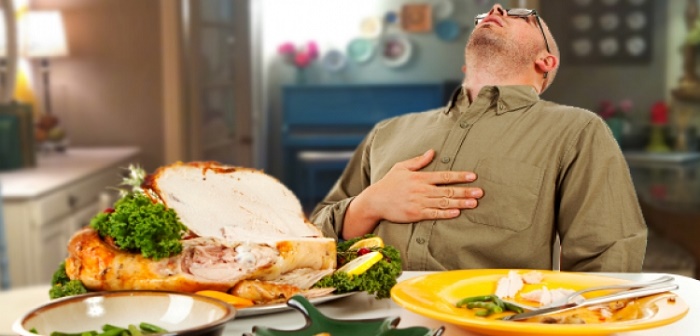Appetising foods may not drive long-term overeating

The research using a mouse model suggests desirable taste in and of itself does not lead to weight gain.
“Most people think that good-tasting food causes obesity but that is not the case. Good taste determines what we choose to eat, but not how much we eat over the long-term,” said Michael Tordoff, psychologist at Monell Chemical Senses Center — a non-profit scientific institute in Pennsylvania, US.
To assess the role of taste in driving overeating and weight gain, three groups of mice received one of the three diets for six weeks: One group was fed plain chow, one group was fed chow with added sucralose and one group was fed chow with added mineral oil.
At the end of this period, the groups fed the sweet or oily chow were no heavier or fatter than were the animals fed the plain chow.
Additional tests revealed that even after six weeks, the animals still highly preferred the taste-enhanced diets, demonstrating the persistent strong appeal of both sweet and oily tastes.
“Even though we gave mice delicious diets over a prolonged period, they did not gain excess weight. People say that ‘if a food is good-tasting it must be bad for you’, but our findings suggest this is not the case. It should be possible to create foods that are both healthy and good-tasting,” Tordoff said.















































